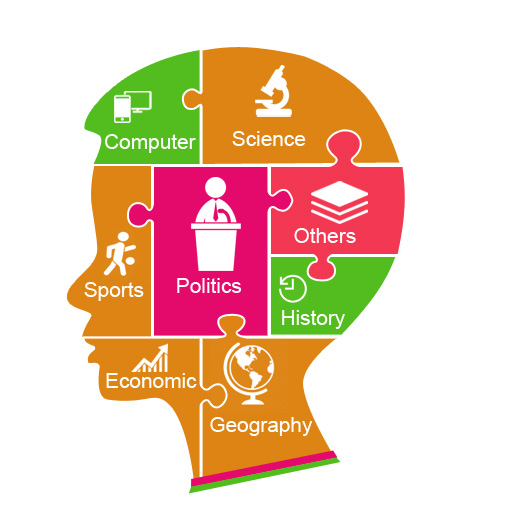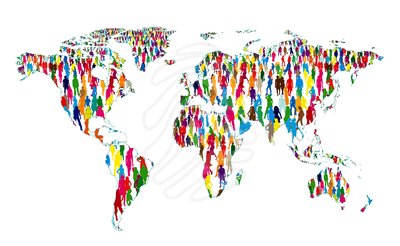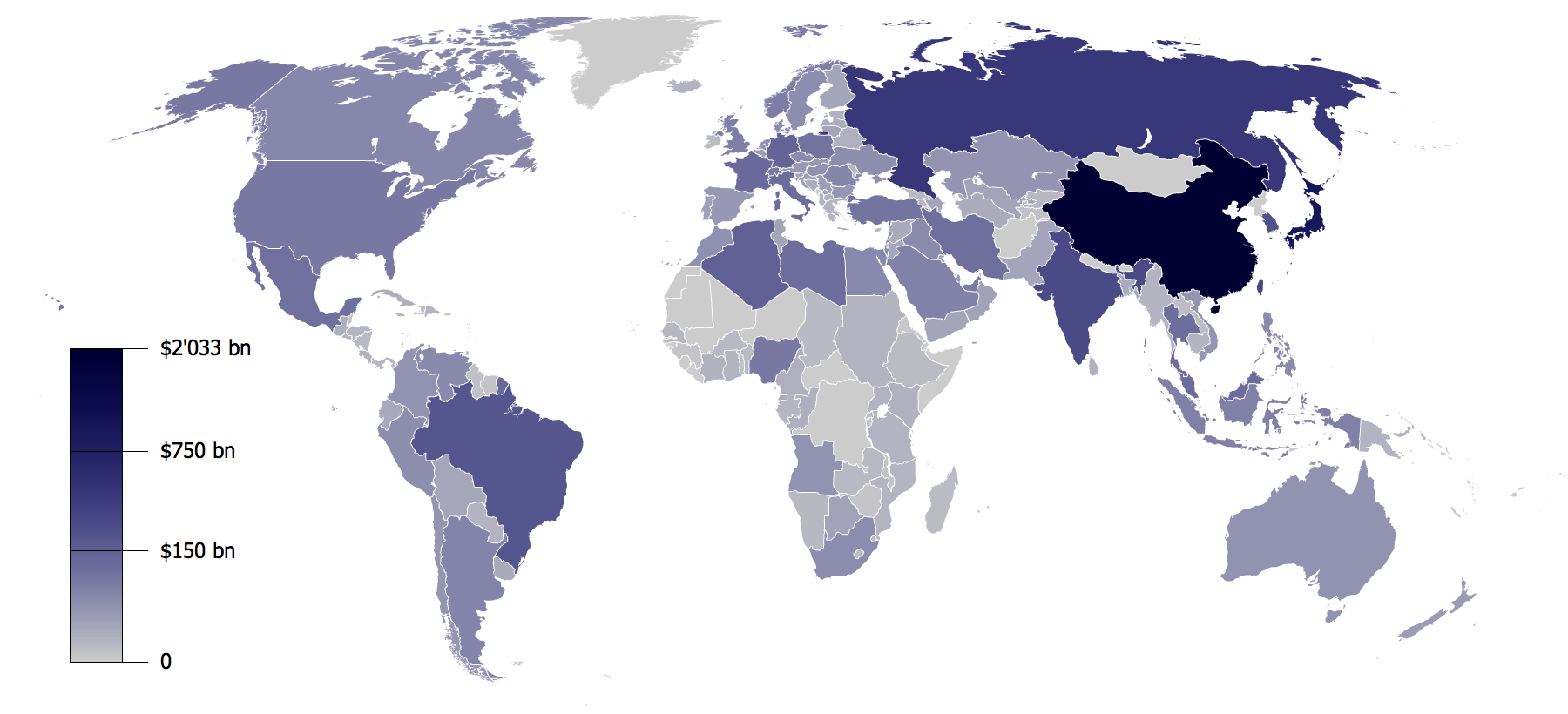Social justice is justice in terms of the distribution of wealth, opportunities and privileges within a society. Justice means truth, morality, equality, fairness and mercy. Social justice concerns obligation of individual to community and its end of the common good.
Components of social justice
- equitable society, distribution of profit/loss without prejudice
- healthy social relation, participation in decision making process
- accountable government
- Decentralization of governance
- Free and fair judicial system
- Easy/equal access to information, services and resources
Why social justice?
- to protect community who are marginalized
- to convert state to welfare state
- to make state responsible, accountable and transparent
- to eradicate class divide and disparity
- to address monopoly, conflict, protest
Efforts on social justice
- UN universal declaration of Human rights 1948
- Human centered development approach
- British bill of rights 1689
- US revolution 1776
- French revolution 1789
- Convention on elimination of All form of Discrimination against women (CEDAW) – 1979 by UNGA
- MDG to promote social justice
Social justice efforts in Nepal
- Constitution of Nepal 2072 – Fundamental rights (part 3)
- Right to social justice (article 42)
- Right to equality (article 18)
- Human rights commission Act 2053
- Social welfare act 2049
- Labour act 2048
Programs to promote social justice
- Promote language, literature, script, art and architecture of all
- locals participation in natural resources usage
- Equitable distribution of benefit from natural resources use
- improve employment opportunity, public health, rural economy
- Special care to elderly, differently-abled, women and children
Social equality
Social equality is a state of affairs in which all people within a specific society or isolated group have the same status in certain respects. It helps to build civilized society without conflict. Social equality can be achieved through social justice and state has a tremendous role to play in this issue. Social equality means empowering and mainstreaming otherwise neglected community. It encourages equal treatment among equals and special preferential treatment to backward groups.
Social equality provisions
- equal protection by law, equal right for man and women on inheritance
- special protection to specific groups, area or community or people
- equal wages for same work, easy access to education for all
- prevent economic exploitation
- no discrimination on the basis of religion, caste, creed, sex, origin, language or political inclination
- equitable distribution of economic growth, natural resources
Problems in social equality
- political instability and long transition period
- lack of resources, social evil, public awareness, gender inequality
- lack of education, lack of enforcement mechanism of prevailing laws
- reservation, affirmative action not implemented satisfactorily
- rampant poverty and backwardness
Resolving social equality problems
- end transition period as soon as possible
- emphasizing on industrialization and employment generation
- eradicate evil traditional customs via social awareness campaign
- promote gender equality via formal education and media campaign
- social awareness via use of NGO and civil society
- equitable distribution of state’s resources
- implement already prevailing norms/laws promoting equality
- proper monitoring to see if target group is benefited












Recent Comments